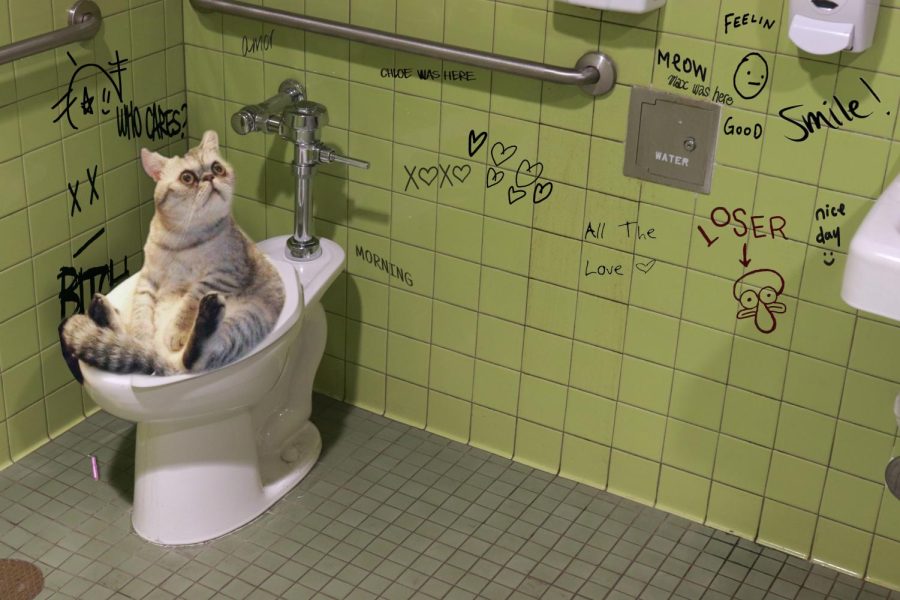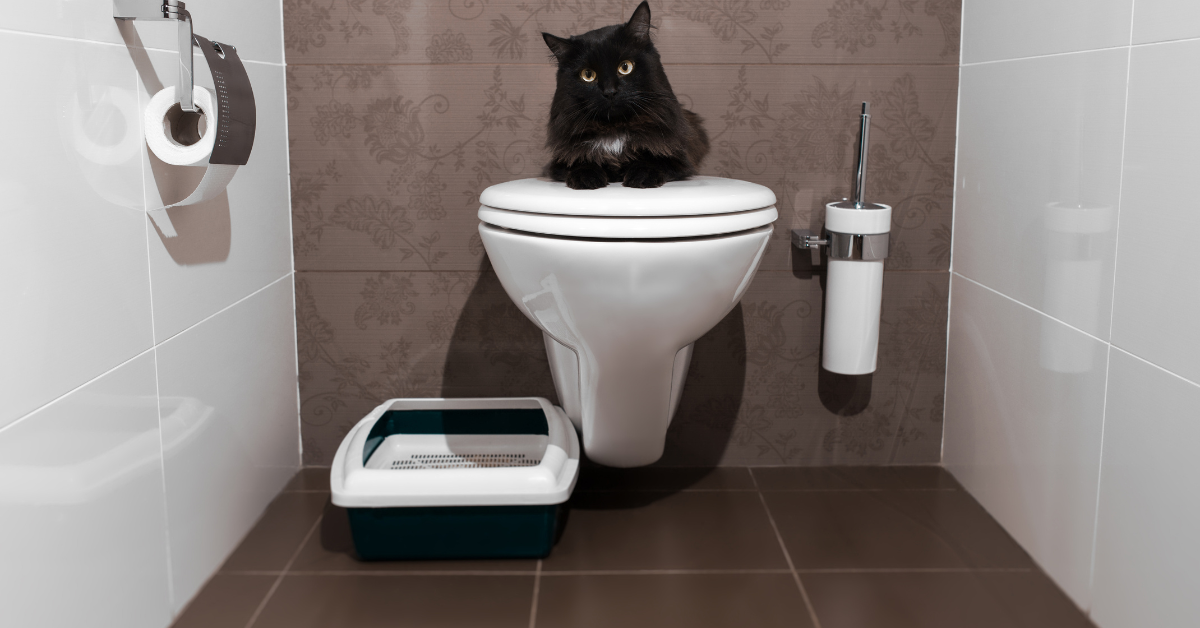Just about everyone seems to have their own rationale when it comes to Can You Flush Cat Poop Down The Toilet?.

Introduction
As cat proprietors, it's important to be mindful of just how we take care of our feline good friends' waste. While it might appear hassle-free to flush feline poop down the commode, this method can have harmful repercussions for both the setting and human health.
Environmental Impact
Purging pet cat poop introduces harmful microorganisms and parasites into the water system, posturing a substantial risk to marine environments. These impurities can negatively influence marine life and compromise water quality.
Wellness Risks
In addition to ecological problems, flushing cat waste can also position health and wellness threats to humans. Cat feces may have Toxoplasma gondii, a parasite that can create toxoplasmosis-- a potentially serious disease, specifically for expecting ladies and individuals with damaged immune systems.
Alternatives to Flushing
Thankfully, there are more secure and more liable means to take care of cat poop. Consider the complying with options:
1. Scoop and Dispose in Trash
One of the most common approach of throwing away feline poop is to scoop it right into an eco-friendly bag and throw it in the trash. Make certain to utilize a committed clutter inside story and take care of the waste promptly.
2. Use Biodegradable Litter
Choose eco-friendly feline litter made from materials such as corn or wheat. These litters are eco-friendly and can be securely dealt with in the trash.
3. Hide in the Yard
If you have a lawn, consider burying pet cat waste in an assigned area away from vegetable gardens and water sources. Be sure to dig deep enough to avoid contamination of groundwater.
4. Install a Pet Waste Disposal System
Invest in a pet garbage disposal system especially developed for pet cat waste. These systems make use of enzymes to break down the waste, reducing smell and ecological impact.
Conclusion
Liable pet possession prolongs past supplying food and shelter-- it likewise entails appropriate waste administration. By refraining from flushing cat poop down the toilet and opting for different disposal approaches, we can reduce our environmental impact and safeguard human health and wellness.
Why Can’t I Flush Cat Poop?
It Spreads a Parasite
Cats are frequently infected with a parasite called toxoplasma gondii. The parasite causes an infection called toxoplasmosis. It is usually harmless to cats. The parasite only uses cat poop as a host for its eggs. Otherwise, the cat’s immune system usually keeps the infection at low enough levels to maintain its own health. But it does not stop the develop of eggs. These eggs are tiny and surprisingly tough. They may survive for a year before they begin to grow. But that’s the problem.
Our wastewater system is not designed to deal with toxoplasmosis eggs. Instead, most eggs will flush from your toilet into sewers and wastewater management plants. After the sewage is treated for many other harmful things in it, it is typically released into local rivers, lakes, or oceans. Here, the toxoplasmosis eggs can find new hosts, including starfish, crabs, otters, and many other wildlife. For many, this is a significant risk to their health. Toxoplasmosis can also end up infecting water sources that are important for agriculture, which means our deer, pigs, and sheep can get infected too.
Is There Risk to Humans?
There can be a risk to human life from flushing cat poop down the toilet. If you do so, the parasites from your cat’s poop can end up in shellfish, game animals, or livestock. If this meat is then served raw or undercooked, the people who eat it can get sick.
In fact, according to the CDC, 40 million people in the United States are infected with toxoplasma gondii. They get it from exposure to infected seafood, or from some kind of cat poop contamination, like drinking from a stream that is contaminated or touching anything that has come into contact with cat poop. That includes just cleaning a cat litter box.
Most people who get infected with these parasites will not develop any symptoms. However, for pregnant women or for those with compromised immune systems, the parasite can cause severe health problems.
How to Handle Cat Poop
The best way to handle cat poop is actually to clean the box more often. The eggs that the parasite sheds will not become active until one to five days after the cat poops. That means that if you clean daily, you’re much less likely to come into direct contact with infectious eggs.
That said, always dispose of cat poop in the garbage and not down the toilet. Wash your hands before and after you clean the litter box, and bring the bag of poop right outside to your garbage bins.
https://trenchlesssolutionsusa.com/why-cant-i-flush-cat-poop/

I'm certainly very intrigued by How to Dispose of Cat Poop and Litter Without Plastic Bags and I really hope you liked the entire article. For those who liked our blog posting if you please do not forget to share it. I cherish reading our article about Don’t flush cat feces down the toilet.
Get Estimate